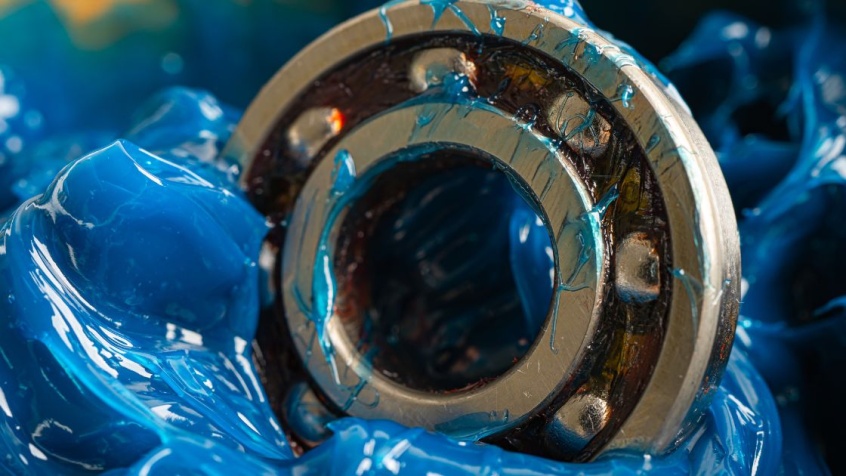Polyester resin, a thermoset resin, is one of the most versatile and widely used materials in various industries, particularly in paints and coatings. With over 2 million tonnes of unsaturated polyester resins utilized globally, its applications span from construction to marine, aerospace, and automotive industries. This blog explores the myriad uses of polyester resin, focusing on its role in the … Read More
What is a Plasticizer in Paint?
Plasticizers play a critical role in the formulation of paints and coatings. These substances are added to paint to enhance its flexibility, workability, and overall performance. By modifying the physical properties of paint, plasticizers ensure that the final product meets the desired standards for a wide range of applications, from wall coverings to specialized industrial uses. What is a Plasticizer? … Read More
What solvents are best for epoxy?
Epoxy resins have become a cornerstone in the coatings industry due to their remarkable durability and versatility. Whether it’s for flooring, electrical encapsulation, paints, or coatings, the effectiveness of epoxy often hinges on the solvents used in its formulation. Understanding the role of solvents and selecting the right ones can significantly impact the final product’s performance and longevity. The Importance … Read More
Is tartaric acid and citric acid the same?
When it comes to the use of acids in various industries, especially in the construction sector, two names often come up: tartaric acid and citric acid. Both are organic acids with distinct properties and applications, including their roles as mortar retarders. But are they the same? Understanding Tartaric Acid and Citric Acid What is Tartaric Acid? Tartaric acid is a … Read More
What does lithium silicate do to concrete?
Lithium silicate is a type of concrete densifier, commonly used to improve the strength and durability of concrete surfaces. It penetrates deep into the concrete substrate, reacting with free lime to form calcium silicate hydrate (C-S-H) gel, which fills the pores and increases surface density. Overview of concrete densifiers Concrete densifiers are chemical solutions designed to harden and strengthen concrete … Read More
What is the difference between lithium carbonate and lithium hydroxide?
Lithium carbonate and lithium hydroxide are chemical compounds that play pivotal roles in diverse industrial processes. While both belong to the lithium-based family, they exhibit different characteristics and find applications in distinct areas. Chemical Composition and Properties Lithium Carbonate Lithium carbonate, with the chemical formula Li₂CO₃, consists of lithium ions combined with carbonate ions. It is a white, crystalline compound … Read More
Why titanates and zirconates may be better adhesion promoters than silanes?
In the realm of surface treatments and coatings, the pursuit of enhanced adhesion promoters is critical. Titanates and zirconates are emerging as potential game-changers, outperforming traditional silanes. Their superior qualities in creating robust and durable bonds make them essential in modern coatings technology. The Chemistry Behind Adhesion Adhesion promoters like titanates and zirconates play a pivotal role in increasing the … Read More
Is acrylic UV cured?
Have you ever wondered how some materials become so durable and resistant to damage? The answer often lies in a fascinating process called UV curing, particularly with materials like acrylics. In this article, we’ll dive into the world of acrylics and explore how UV light plays a crucial role in transforming them into robust, long-lasting materials. Whether you’re a professional … Read More
Is aluminium sulfate an accelerator?
When it comes to construction, time is money. And in the realm of concrete, the ability to expedite the setting process is invaluable. This is where Aluminium Sulfate, a seemingly modest chemical, plays a pivotal role. This compound is not just another chemical; it’s a game-changer in the concrete industry, especially in shotcrete applications. Aluminium Sulfate: A Versatile Accelerator Aluminium … Read More
What is 2-Ethylhexanoic acid used for in coolant?
When it comes to maintaining your vehicle’s performance and longevity, the importance of coolant can’t be overstated. However, few are aware of the critical role played by a seemingly obscure compound: 2-Ethylhexanoic Acid (2-EHA). This carboxylic acid is a game changer in automotive coolants, ensuring engines run smoothly under various conditions. If you’re looking for a deeper understanding of how … Read More























